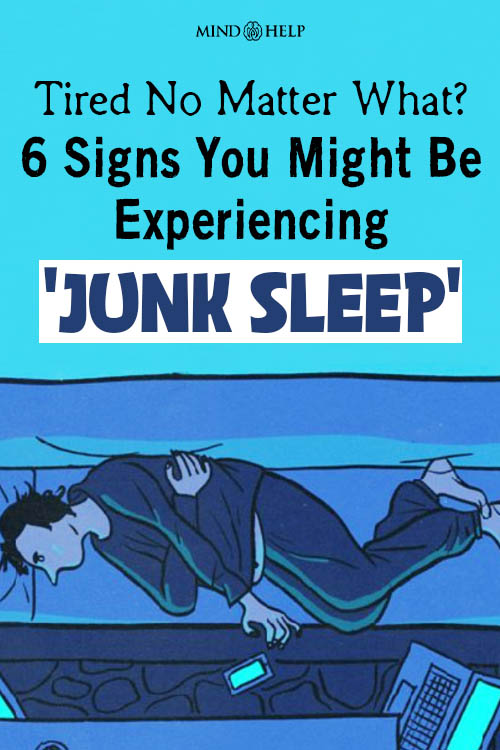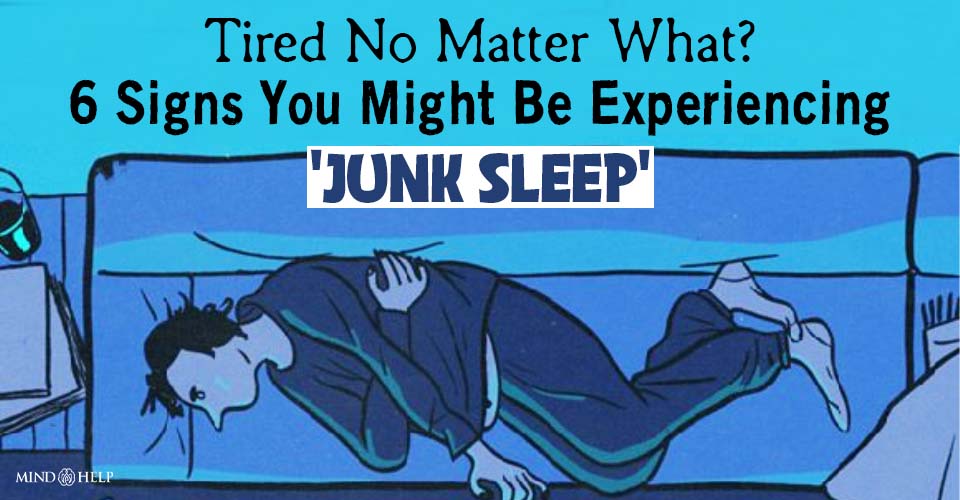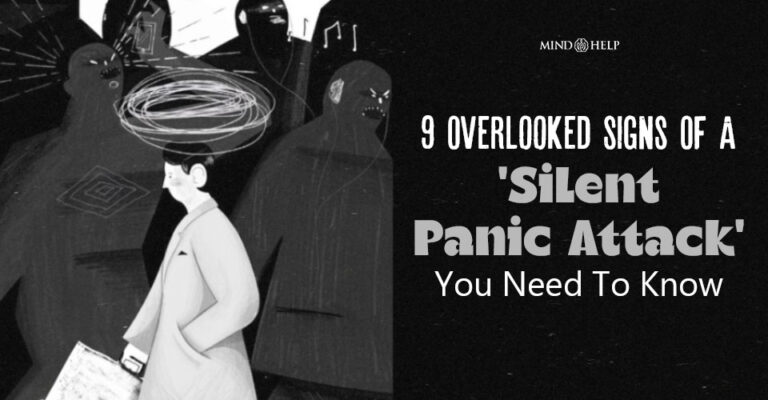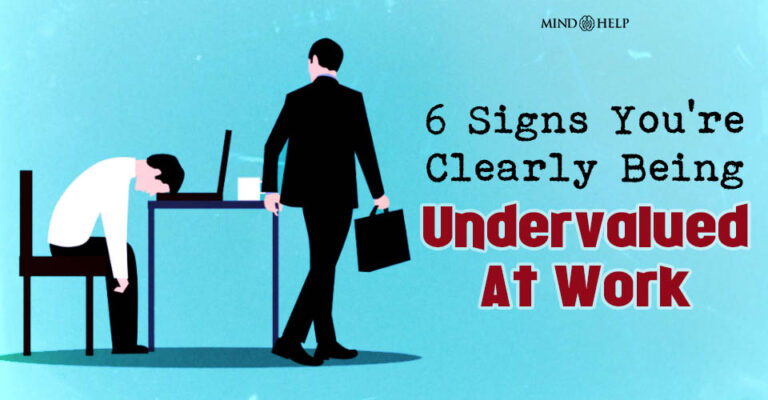Ever felt like you just didn’t get enough sleep even though you technically did? You wake up grumpy, tired, and already looking forward to your next nap. This might be junk sleep. It’s just like junk food, it fills the hours but leaves you drained, sluggish, and wondering what went wrong.
Expericing something similar? Or not getting enough sleep? Learn more about this as per sleep training culture.
So, What Is Junk Sleep?
Junk sleep means getting sleep that just isn’t good enough. It could be because you didn’t sleep long enough or because your sleep was restless and low quality. It’s the kind of sleep that leaves you feeling tired and not ready to take on the day.
The concept is similar to junk food, which may satisfy your hunger for a minute, but it doesn’t really fuel your body. Similarly with junk sleep. You might get the hours in, but if your rest is light, disrupted, or happens in the wrong environment, your brain and body don’t get what they actually need.
Basically, it’s any sleep that doesn’t fit well with your body’s natural schedule.
You might toss and turn. Wake up five times. Fall asleep with the TV on. Drift off mid-scroll, phone still in hand. Or maybe your sleep feels fine, until you’re trying to function the next day and everything feels like walking through mud.
This kind of sleep doesn’t give your brain time to reset or your body time to recover. It’s surface-level rest. Not the kind that heals, sharpens, or restores.
Read More Here: The Science Of ‘Sleep Debt’ And How You Can Repay It
6 Signs You’re Getting Junk Sleep

Here are some common signs of poor sleeping habits:
- Even after a full night’s sleep, you wake up feeling just as exhausted when you went to bed.
- Small things upset you easily, or you feel more anxious or down than usual.
- You find it hard to focus, remember things, or stay alert during the day.
- Tossing and turning, waking up multiple times, or lying awake for hours.
- You need coffee or daytime naps just to get through the day.
- You keep moving around, can’t get comfortable, or have vivid dreams that wake you up.
What’s Causing It?
Not getting enough sleep or experiencing junk sleep is something we don’t even realize we’re doing to ourselves. Here are a few sneaky causes:
- Scrolling before bed: That harmless 15-minute Instagram scroll somehow turns into 45 minutes of doom-scrolling, comparison spirals, or watching cake-cutting videos. Blue light, overstimulation, and the lack of a bedtime routine? That’s a recipe for junk sleep.
- Stress and mental load: Even if your body’s still, your mind might be racing, rehashing conversations, planning tomorrow, or spiraling through every “what if.” Sleep can’t come easily when your brain’s still on the clock.
- Eating or exercising too late: A heavy dinner or a night workout can keep your system awake, even if you feel tired.
- Noise and interruptions: Kids waking up. Dogs jumping on the bed. Roommates in the kitchen at 2 a.m. Some of us never make it to the deep part of the sleep cycle.
- Sleep environment: Too hot, too bright, too loud, our bodies need a certain kind of space to settle into real rest.
Why Does It Matter?
Bad sleeping habits aren’t affect your health slowly and silently. Regular junk sleep is linked to higher risks of heart disease, obesity, high blood pressure, depression, and even memory problems.
Over time, poor sleep messes with your hormones, your immune system, your mood, your appetite, and your ability to focus. That’s why no amount of coffee can really fix a junk sleep deficit. It just delays the crash.
If you’re finding yourself more anxious, more irritable, constantly tired but wired, explore some of the ways to fix your sleep schedule.
So How Do We Fix Poor Sleeping Habits?
Dr. Shah, a sleep expert, says one of the best things you can do is build a consistent bedtime routine. Not a perfect or elaborate one. Just something steady your body can trust.
Here’s how to start, realistically:
1. Bedtime should be a time for winding down, not a time for shutting down.
Most of us treat sleep like flipping a light switch, done with the day, hit the bed, expect sleep. But our bodies don’t work like that. Ease into it. Dim the lights. Put on a playlist. Stretch a little. Your body needs a signal that it’s time to shift gears.
2. Make your room like a cave, you sleep in.
Cool, dark, and quiet is the gold standard. If your partner likes it warm or your neighbor’s dog never shuts up, invest in earplugs, blackout curtains, or even a white noise app. You’d be amazed how much a calmer environment can change your sleep.
3. Create a no-phone zone.
We’ve heard it a million times, but it matters. Phones wake up your brain with dopamine hits and blue light. Try plugging your phone across the room. Or if you’re not ready for that, switch to a podcast or audiobook with a timer instead of endless swiping.
4. Don’t punish yourself for bad sleep.
One of the worst things you can do is spiral about not sleeping. “Why can’t I sleep like a normal person?” or “Ugh, I’ll be a wreck tomorrow” only makes your brain more tense. Dr. Shah says a positive attitude toward sleep actually helps. Trust your body to get what it needs, even if it’s not perfect every night.
Final Thoughts
We live in a world that glorifies hustle, screens, and staying “on” 24/7. It’s no surprise so many of us settle for whatever sleep we can grab. But just like you wouldn’t live on microwave meals forever, your body can’t thrive on half-hearted rest.
It doesn’t have to be a total life overhaul. Even small changes, a consistent wind-down routine, one less scroll, a quieter room, can make a massive difference.
Read More Here: 7 Yin Yoga Poses And Benefits You Didn’t Know You Needed For Deep Healing
Because real rest doesn’t just help you feel better tomorrow. It helps you live better, long-term.








